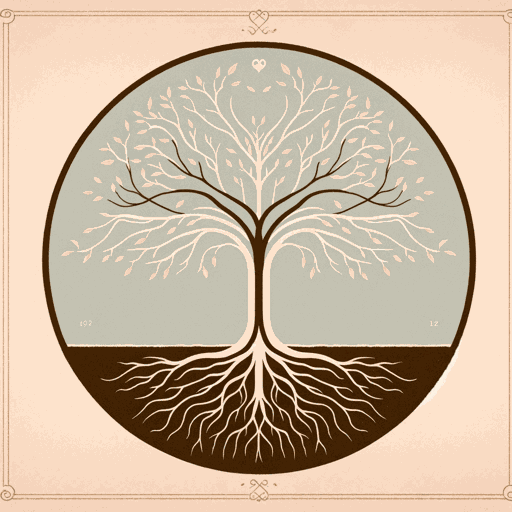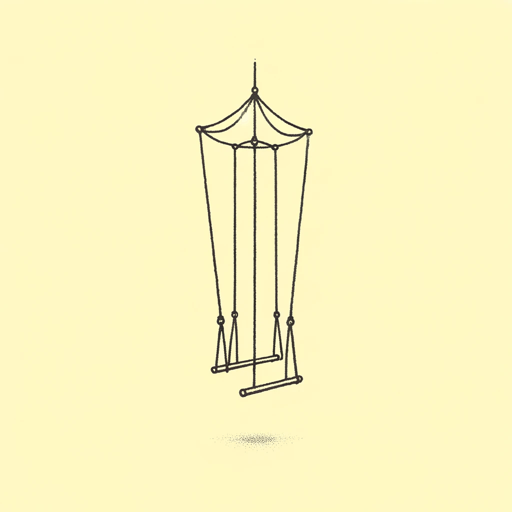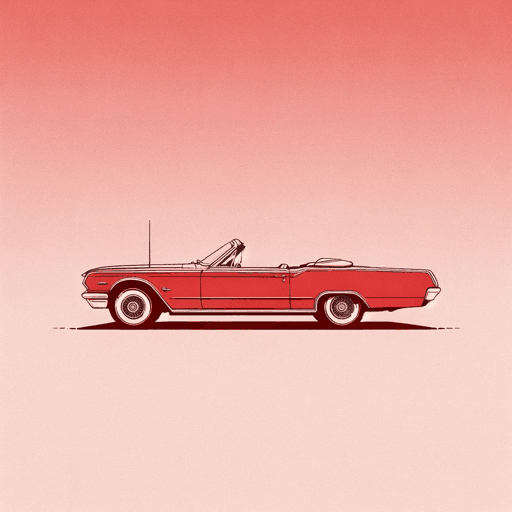97 pages • 3 hours read
Louise ErdrichTracks
Fiction | Novel | Adult | Published in 1988A modern alternative to SparkNotes and CliffsNotes, SuperSummary offers high-quality Study Guides with detailed chapter summaries and analysis of major themes, characters, and more. For select classroom titles, we also provide Teaching Guides with discussion and quiz questions to prompt student engagement.
Important Quotes
“We started dying before the snow, and like the snow, we continued to fall.”
(Page 1)
Nanapush, talking to his granddaughter, Lulu Pillager, explains the history of her people—the Anishinabe—of which their tribe, called either the Ojibwe or the Chippewa, are members. In 1912, consumption ravaged the population, reducing the tribe to a skeleton of its former size and strength. Lulu is Nanapush’s adopted granddaughter. This quotation also demonstrates a significant theme of the novel: the Native people and the weather are symbolically entwined with one another, and some—such as Fleur Pillager—are thought to have control over the weather.
“Our tribe unraveled like a coarse rope, frayed at either end as the old and new among us were taken. My own family was wiped out one by one, leaving only Nanapush. And after, although I had lived no more than fifty winters, I was considered an old man. I’d seen enough to be one.”
(Page 2)
Nanapush describes the decimation of his tribe and the loss of his wife and two children to the consumption epidemic. So many old people are lost that Nanapush is the oldest man left alive among his people.
“I had no wind left over to curse Pukwan, who watched but refused to touch her, turned away, and vanished with the whole sled of supplies. It did not surprise or cause me enduring sorrow, later, when Pukwan’s son, also named Edgar and also of the tribal police, told me that his father came home, crawled into bed, and took no food from that moment until his last breath passed.”
(Page 4)
In the Chippewa moral code, a man who does not do right by the living or the dead is doomed. Here, Edgar Pukwan, who fears and loathes the Pillagers, even a helpless and sick girl, suffers death because he does not fulfill his duties properly.
Related Titles
By Louise Erdrich

Fleur
Louise Erdrich

Future Home of the Living God
Louise Erdrich

LaRose
Louise Erdrich

Love Medicine
Louise Erdrich

Shadow Tag
Louise Erdrich

The Antelope Wife
Louise Erdrich

The Beet Queen
Louise Erdrich

The Bingo Palace
Louise Erdrich

The Birchbark House
Louise Erdrich

The Game of Silence
Louise Erdrich

The Leap
Louise Erdrich

The Master Butchers Singing Club
Louise Erdrich

The Night Watchman
Louise Erdrich

The Painted Drum
Louise Erdrich

The Plague Of Doves
Louise Erdrich

The Red Convertible
Louise Erdrich

The Round House
Louise Erdrich

The Sentence
Louise Erdrich

The Shawl
Louise Erdrich

